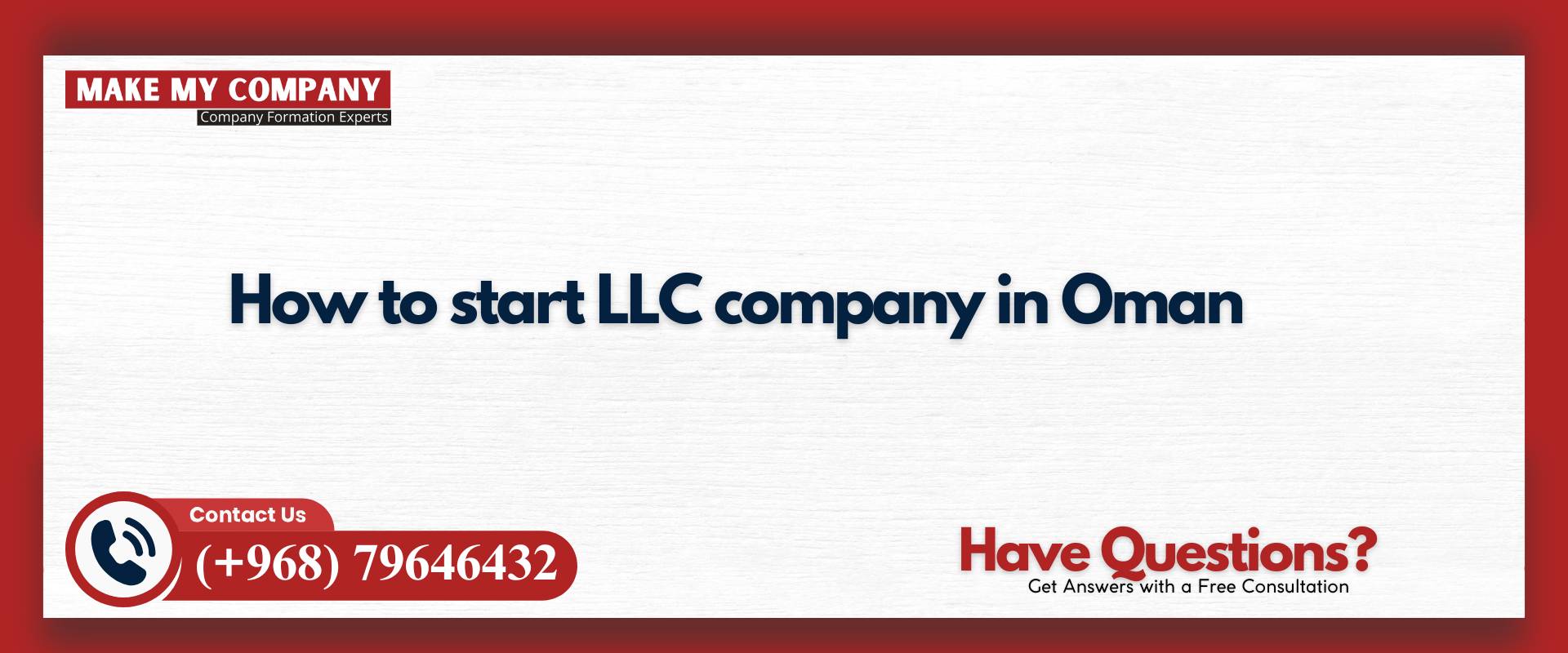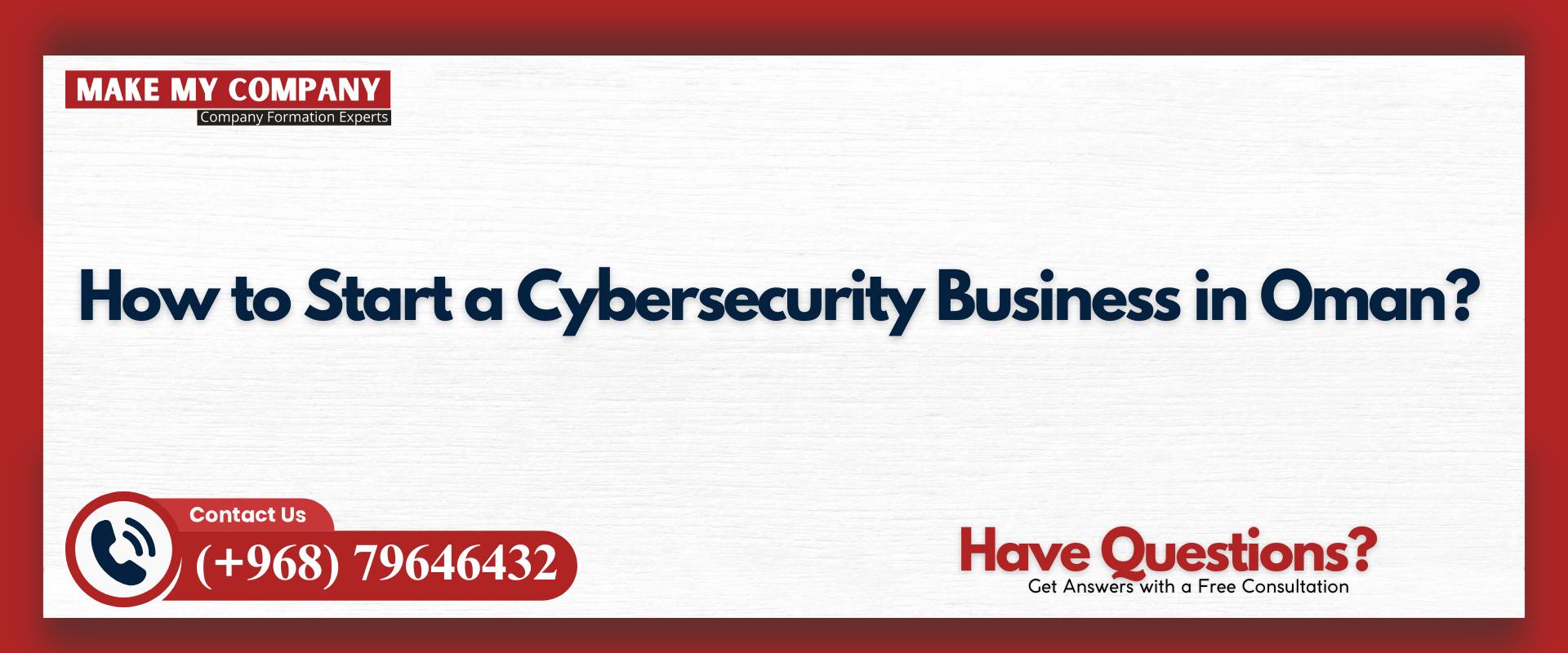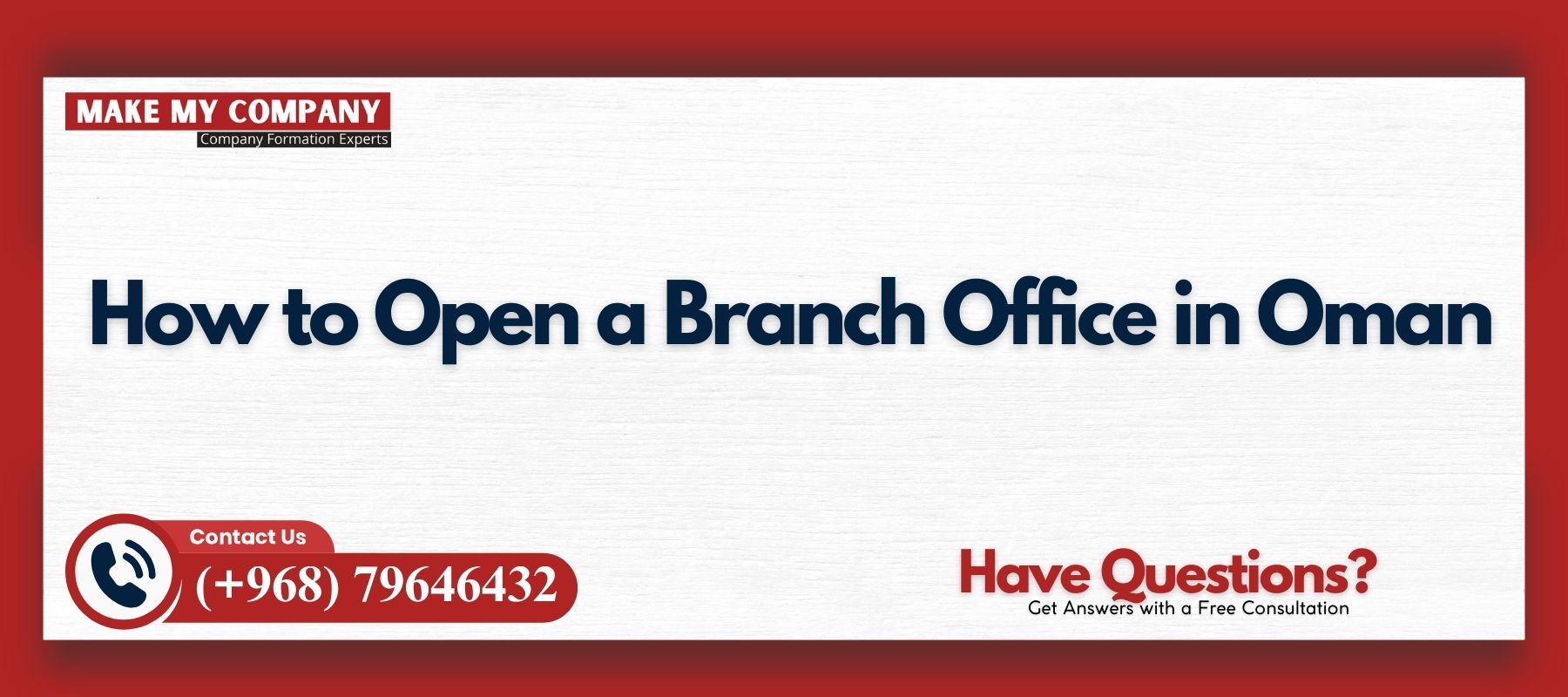Oman has become one of the most promising investment destinations in the Gulf region. Whether you’re an international entrepreneur, a corporate investor, or a startup founder, understanding the Oman Investment Law is critical before starting any business venture.
The country has taken major steps to make itself investment-friendly, offering new opportunities in sectors like tourism, manufacturing, logistics, mining, agriculture, fintech, and energy. The updated foreign investment regulations in Oman are designed to attract more foreign capital while protecting investor interests.
Let’s break down everything you need to know about investing in Oman, how the laws work, what the process looks like, and why it’s an attractive option in the region.
What Is Oman Investment Law?
The Oman Investment Law refers to the legal framework that governs foreign and local investments in Oman. It sets the rules, rights, obligations, and incentives for investors.
Why It Matters for Investors
Whether you’re starting a new business or expanding an existing one, this law defines what you can do, what benefits you get, and how protected your investment is.
The Foreign Capital Investment Law was modernized to align with international business standards, making Oman more attractive to global investors.
Key Features of the Oman Investment Law
The Oman Investment Law offers 100% foreign ownership, no minimum capital requirement, and tax exemptions for selected sectors. It ensures legal protection for investors, allowing full profit repatriation and access to international arbitration. These features make Oman a safe, flexible, and attractive destination for global business ventures.
100% Foreign Ownership
One of the biggest changes in the new Oman investment regulation is that it allows full foreign ownership in many sectors without the need for a local partner. This is a major shift from previous laws.
No Minimum Capital Requirement
Foreign investors are no longer required to show minimum capital for most activities, which lowers the barrier to entry for small businesses and startups.
Attractive Tax Exemptions
Incentives such as tax holidays and customs duty exemptions are available depending on the industry and location, especially in free zones.
Legal Protection
The law guarantees non-discriminatory treatment and protects against expropriation. It allows international arbitration in case of disputes.
Why Oman is a Top Investment Destination in the Gulf
Oman stands out in the Gulf for its strategic location, stable economy, and pro-business reforms. With strong infrastructure, modern laws, and government support, it offers a safe and welcoming environment for investors. Whether you’re a startup or multinational, Oman provides real opportunities to grow in the Middle East.
Strategic Location
Located between Asia, Africa, and Europe, Oman is a key hub for logistics and trade, with access to major shipping routes through ports like Salalah and Duqm.
Stable Political Environment
Oman is known for its peaceful and stable governance, which is crucial for long-term investments.
Government Support
The Ministry of Commerce, Industry and Investment Promotion (MoCIIP) actively supports and encourages both local and foreign investment with clear policies and efficient procedures.
Types of Business Activities Under Oman Investment Law
The Oman Investment Law clearly defines which sectors are open to foreign ownership and which remain restricted.
Open Sectors for Foreign Investors
- Manufacturing & Industry
- Tourism and Hospitality
- Education and Healthcare
- Information Technology
- Construction and Real Estate
- Renewable Energy
- Retail and Wholesale Trade
Restricted or Regulated Sectors
Some sectors may require special approvals, joint ventures, or Omani ownership, such as:
- Oil & gas exploration
- Military and defense services
- Fisheries
- Publishing and broadcasting
Understanding the Licensing Process Under Investment Law
Starting a business in Oman involves multiple steps, but the process is now simplified through online portals like Invest Easy and MOCIIP.
Steps to Get Investment License in Oman
- Select a Business Activity
- Decide the Legal Structure (LLC, SAOC, branch, etc.)
- Register the Business Name
- Submit Documents for Approval
- Apply for Commercial Registration (CR)
- Obtain the Investment License
For some sectors, environmental approvals, municipal clearances, or sector-specific permits may also be needed.
Legal Structures Available for Foreign Investors in Oman
Choosing the right legal structure is crucial under the Omani investment law. It affects ownership, taxation, and legal liability.
Popular Business Entities
- Limited Liability Company (LLC) – Most common, now allows 100% foreign ownership in many sectors
- Branch Office – Ideal for foreign companies expanding into Oman
- Joint Venture – Collaboration with an Omani partner
- Sole Proprietorship – Allowed only for GCC nationals
- Free Zone Company – For export-oriented businesses seeking tax benefits
Incentives Offered Under Oman Investment Law
To attract more foreign direct investment (FDI), Oman offers investment incentives that reduce operating costs and improve business efficiency.
Top Investor Benefits
- Tax holidays up to 10 years in selected industries
- 0% customs duty in Free Zones
- No personal income tax
- Land at subsidized rates
- Full repatriation of profits and capital
- No currency restrictions
These incentives are especially beneficial for businesses in Duqm SEZ, Salalah Free Zone, Sohar Free Zone, and Knowledge Oasis Muscat.
Oman Free Zones and Their Role in Investment
Free zones in Oman are governed by their own set of investment regulations and offer exclusive benefits to foreign investors.
Key Free Zones in Oman
- Duqm Special Economic Zone
- Sohar Free Zone
- Salalah Free Zone
- Al Mazunah Free Zone
- Knowledge Oasis Muscat
Each zone focuses on specific industries and offers perks like zero tax, low utility rates, and fast-tracked approvals.
Taxation Under Oman Investment Law
Oman offers one of the most business-friendly tax regimes in the Gulf.
Corporate Tax Rules
- Standard corporate tax rate is 15%
- Small businesses may pay lower or zero tax
- Free zone companies can enjoy tax exemptions for years
- No personal income tax, capital gains tax, or inheritance tax
Proper tax planning can significantly increase profitability for foreign investors.
Foreign Investor Rights Under Oman Investment Law
The law protects foreign investors’ interests to boost confidence in the market.
Legal Guarantees for Foreigners
- Equal treatment with local investors
- Full ownership (where allowed)
- Repatriation of capital and profits
- Protection from nationalization or seizure
- Right to dispute resolution via international arbitration
Oman’s legal environment aims to be transparent and fair for all.
Omanization Policy and Employment Regulations
Under the Oman Investment Law, investors must also comply with labor policies, particularly Omanization — the requirement to hire a certain percentage of Omani nationals.
Workforce Compliance Rules
- Some sectors have fixed Omanization quotas
- Work permits and labor clearances required for foreign employees
- Training programs encouraged for local staff
The goal is to create employment opportunities for Omanis while balancing the needs of foreign investors.
Land Ownership and Leasing Rights for Foreign Investors
While non-Omanis cannot directly own land, they can lease land or use built-to-suit facilities for business operations.
Property Use Rights
- Long-term leases (up to 50 years) available in Free Zones
- Commercial and industrial land can be leased through government channels
- Real estate projects must comply with ownership restrictions
Dispute Resolution and Legal Remedies for Investors
The law provides both local and international arbitration mechanisms to handle disputes fairly.
Dispute Handling Options
- Omani courts
- Commercial Arbitration Center
- International arbitration clauses in contracts
This provides comfort to investors concerned about fairness and legal certainty.
Compliance, Audit, and Reporting Requirements
To maintain a legal business under Oman Investment Law, companies must follow regulatory obligations.
Key Compliance Tasks
- Maintain accounting records
- File annual tax returns
- Renew commercial license
- Submit Omanization reports
Non-compliance can lead to fines or license suspension, so many businesses hire professional compliance consultants in Oman.
Digital Transformation and Investment Facilitation
Oman is moving rapidly toward digital investment services, making it easier for investors to manage processes online.
Tools for Investors
- Invest Easy portal
- MOCIIP digital licenses
- Online visa and work permit services
- Real-time business tracking dashboards
This shift reduces paperwork and speeds up business setup in Oman.
Conclusion
The Oman Investment Law is designed to make Oman a hub for foreign investment by creating a clear, flexible, and investor-friendly legal framework. From 100% foreign ownership to tax benefits and streamlined licensing, the law supports businesses at every level.
However, navigating the details can be complex, especially for new investors. That’s why working with experienced Business Setup Consultants in Oman can save you time, reduce risk, and ensure compliance from day one.
If you’re serious about investing in Oman, expert help can turn opportunity into success.
FAQs
What is Oman’s Foreign Capital Investment Law?
It’s the main legislation governing how foreign investors can establish and operate businesses in Oman with or without local partners.
Can foreigners own 100% of a business in Oman?
Yes, under the current law, foreigners can own 100% of companies in most sectors without requiring a local sponsor.
Is there a minimum capital requirement for foreign investors?
No, most activities now have no minimum capital requirement, making it easier for small and mid-sized investors to enter the market.
Which sectors are restricted for foreign investment?
Sectors like defense, oil exploration, and media may have restrictions or require government approval.
Are free zones governed by the same investment law?
No, Oman’s free zones have their own regulations, but they align closely with national laws and offer additional incentives.
Do I need legal advice before investing in Oman?
It’s highly recommended. Investment consultants and legal experts help ensure compliance and avoid costly mistakes.









